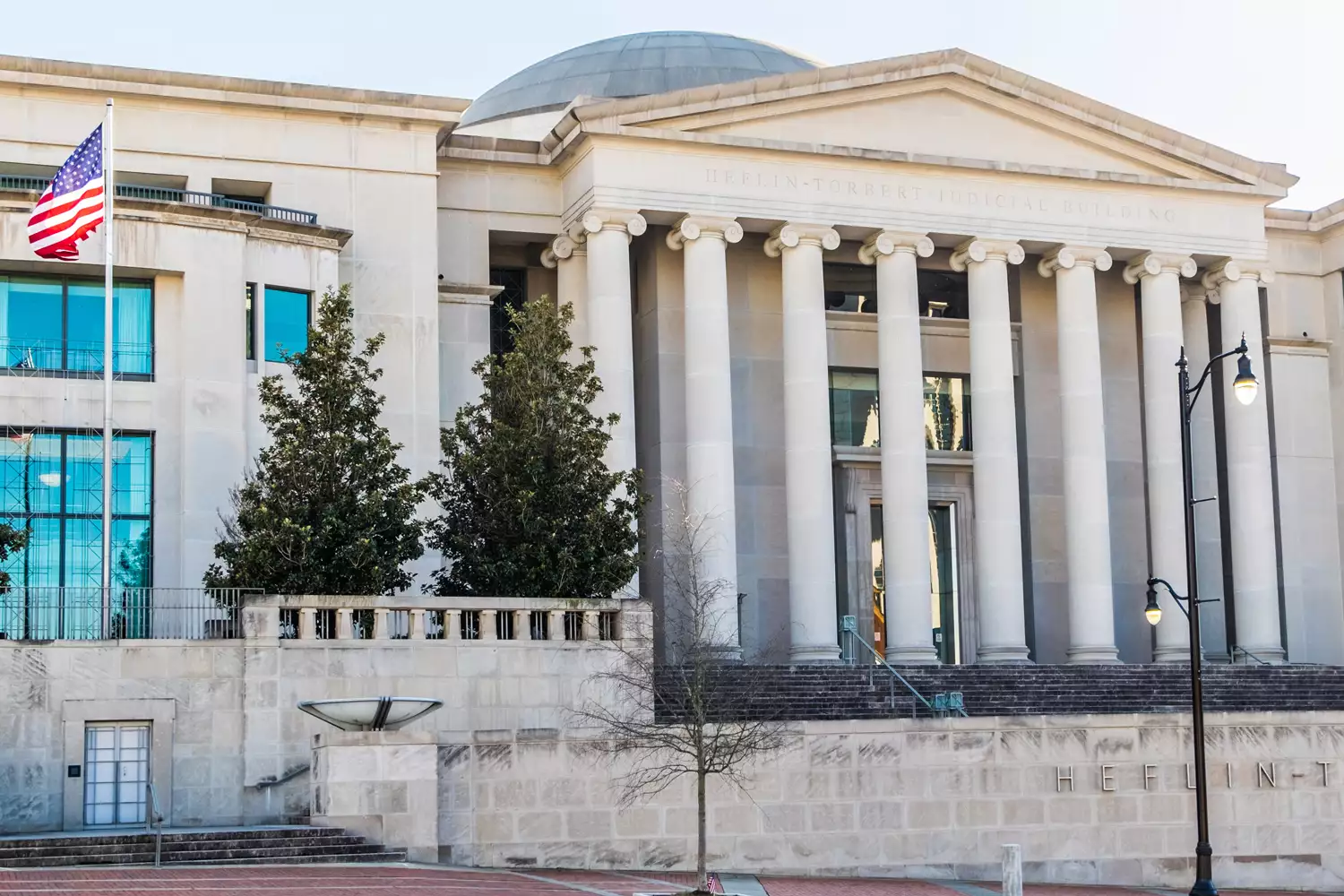
Frozen Embryos Deemed Children: Alabama Supreme Court Decision Raises IVF Concerns
- by dgihost.com
In a groundbreaking decision, the Alabama Supreme Court ruled that frozen embryos are to be legally considered children, a verdict that has sparked significant concerns within the fertility community. The ruling stems from a wrongful death lawsuit filed by couples whose frozen embryos were destroyed at a fertility clinic in December 2020.
“The Wrongful Death of a Minor Act applies on its face to all unborn children, without limitation,” emphasized Justice Jay Mitchell in Friday’s ruling. The court’s decision followed a tragic incident where a patient, attempting to retrieve embryos from a cryogenic nursery storage unit, dropped them on the floor due to freeze burns sustained while handling the extremely low temperatures.
The ruling explicitly states that unborn children are to be considered children “without exception based on developmental stage, physical location, or any other ancillary characteristics.” This has raised concerns about the potential impact on in-vitro fertilization (IVF) treatments, with experts and advocates expressing worries about the broader implications of the decision.
Barbara Collura, CEO of RESOLVE: The National Infertility Association, voiced concerns, stating that the ruling could prompt individuals to question the viability of freezing future embryos or deciding the fate of unused embryos through destruction or donation. The association issued a statement on its website, expressing deep concern for the 1 in 6 people impacted by infertility who rely on IVF to build their families.
“Alabama’s Supreme Court ruling is a terrifying development for the 1 in 6 people impacted by infertility who need in-vitro fertilization to build their families,” RESOLVE said in a statement shared on its website.
The controversial decision raises numerous ethical questions, including the status of extrauterine children, the application of the 14th Amendment to such children, and the potential public-policy implications. Justice Mitchell acknowledged these complex issues but emphasized that the court’s focus was on the clear application of the Wrongful Death of a Minor Act.
Critics argue that the ruling could have devastating consequences, potentially impacting the standard of care provided by the state’s fertility clinics. The worry is that individuals seeking IVF treatments may be hesitant, fearing the legal implications surrounding the status of embryos.
As the legal and ethical implications unfold, the Alabama Supreme Court’s decision is poised to have a lasting impact on the landscape of fertility treatments, leaving many in the field questioning the future of IVF in the state.
In a groundbreaking decision, the Alabama Supreme Court ruled that frozen embryos are to be legally considered children, a verdict that has sparked significant concerns within the fertility community. The ruling stems from a wrongful death lawsuit filed by couples whose frozen embryos were destroyed at a fertility clinic in December 2020. “The Wrongful Death…